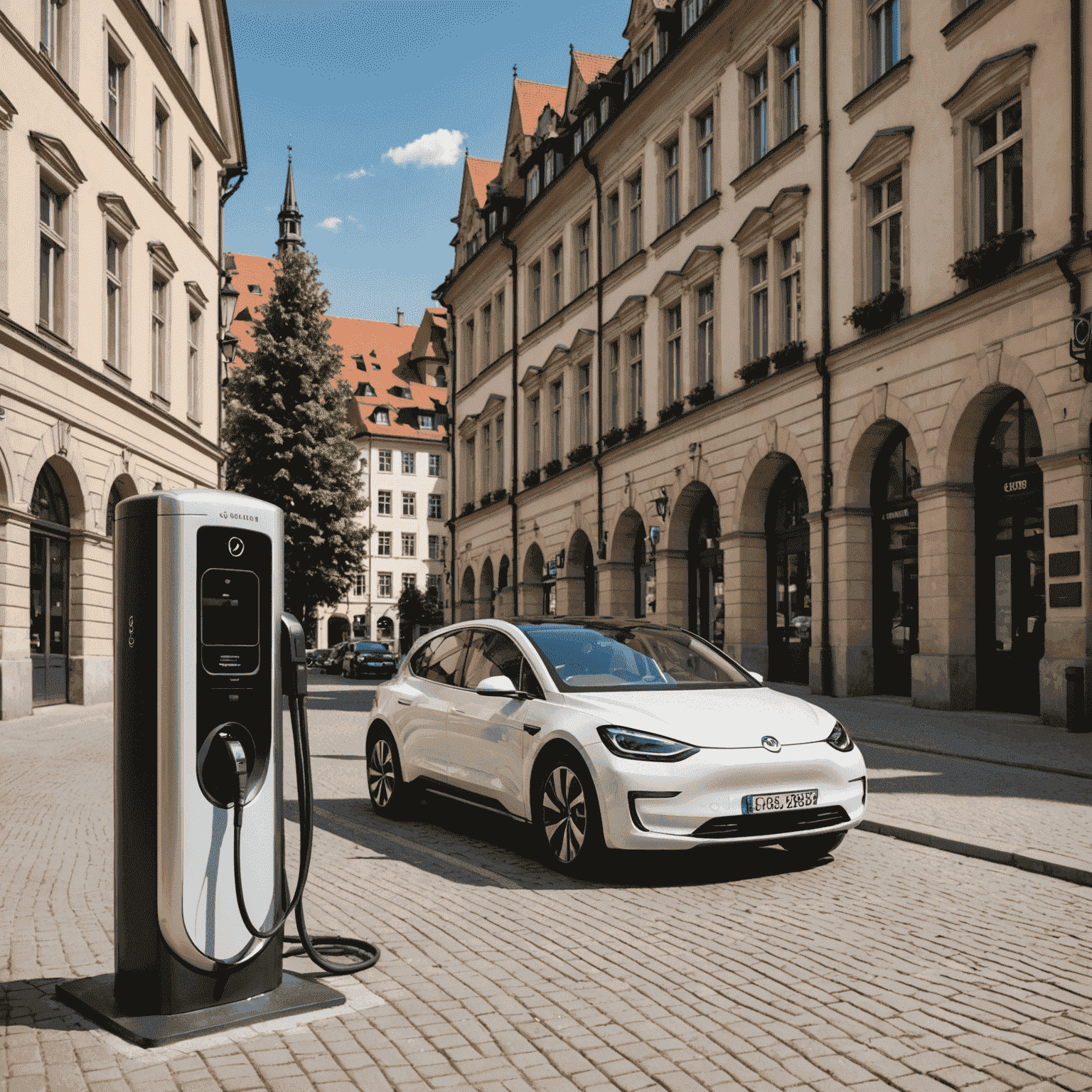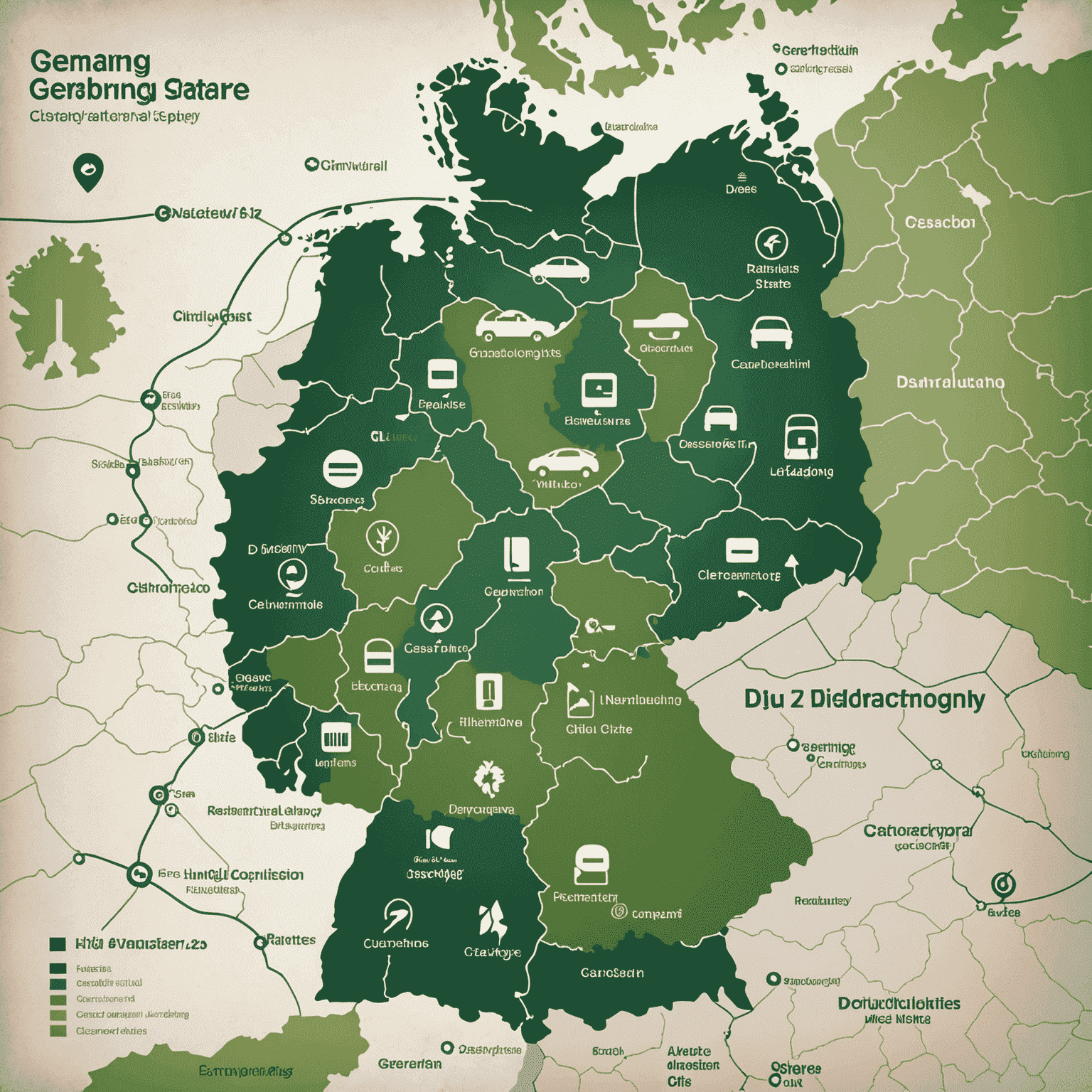Electric Vehicle Adoption in Germany

Germany, known for its automotive excellence and Autobahn culture, is rapidly embracing the electric vehicle revolution. This shift aligns perfectly with the country's commitment to sustainable transportation and reducing carbon emissions.
Current Trends in EV Adoption
The German roads are witnessing a significant increase in electric vehicles. In major cities like Berlin, Munich, and Hamburg, it's becoming increasingly common to see sleek EVs silently cruising alongside traditional combustion engine vehicles. This trend is not just limited to personal vehicles; many taxi services and car-sharing platforms are also transitioning to electric fleets.
Government Initiatives
The German government has implemented several initiatives to promote electric vehicle adoption:
- Purchase Incentives: Buyers of new electric vehicles can receive up to €9,000 in subsidies.
- Charging Infrastructure: A nationwide plan to install 1 million charging points by 2030.
- Tax Benefits: Reduced vehicle tax for electric cars.
- Green Zones: Many cities are establishing low-emission zones where only electric vehicles are allowed.

Impact on German Road Culture
The rise of electric vehicles is gradually reshaping German road culture. While the Autobahn still allows for high-speed driving, there's a growing emphasis on efficient and eco-friendly travel. EV drivers are developing new etiquette, such as being considerate at charging stations and planning longer trips around charging stops.
Challenges and Future Outlook
Despite the progress, challenges remain. Range anxiety is still a concern for some drivers, especially for long-distance travel. However, with ongoing improvements in battery technology and the expansion of the charging network, these concerns are gradually being addressed.
As Germany continues to invest in electric mobility, it's clear that EVs will play a crucial role in shaping the future of German road culture. The transition not only aligns with environmental goals but also maintains Germany's position as a leader in automotive innovation.